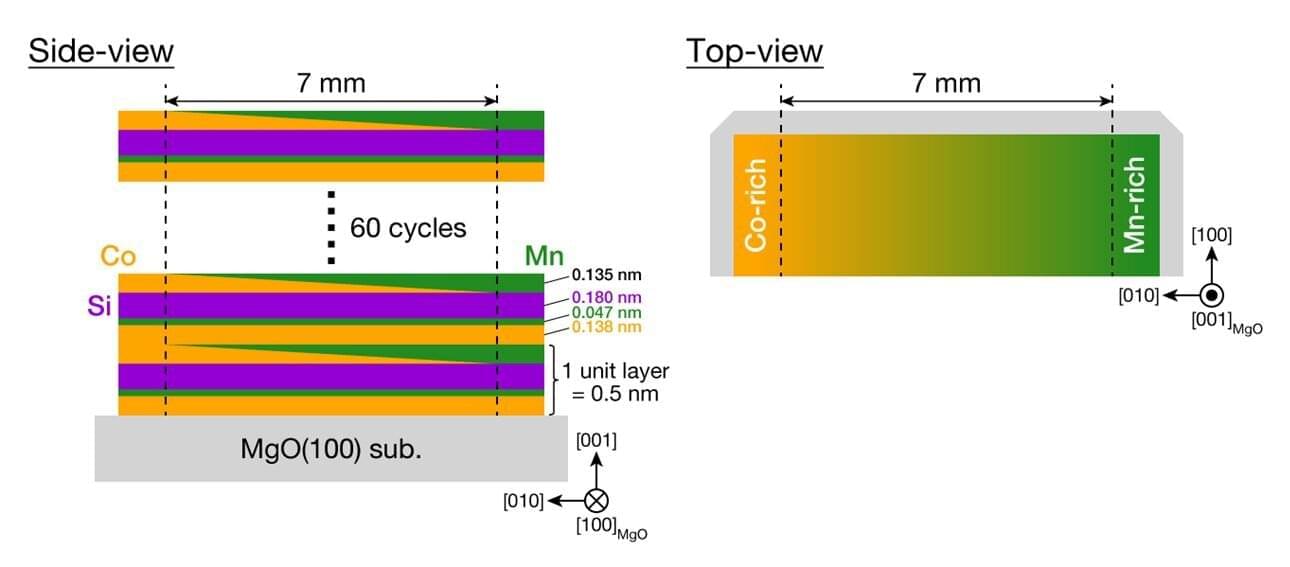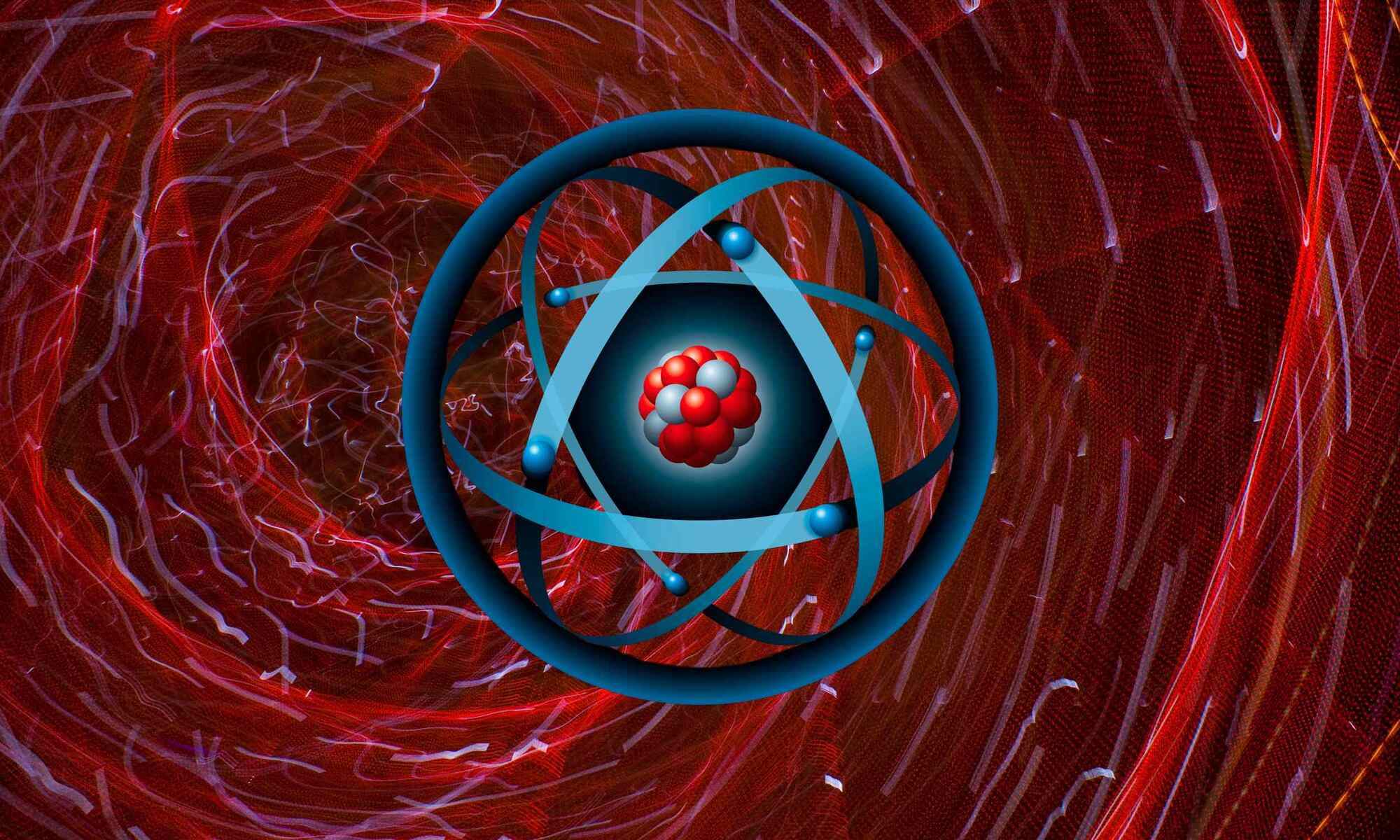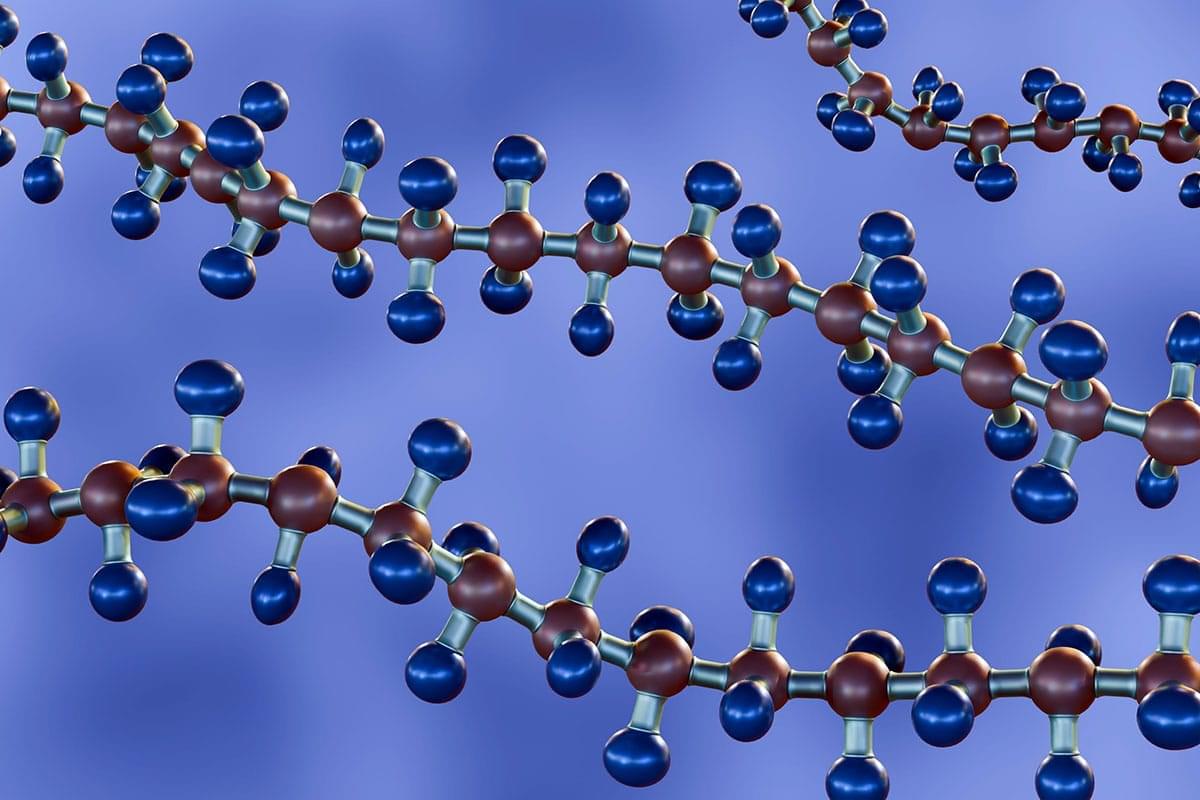Half-metals are unique magnetic compounds that have been attracting interest in the development of mass-storage technologies. Some of the materials in the family of Heusler alloys were predicted to have a half-metallic nature, but their half-metallic electronic structure varies with their composition ratio and atomic ordered structure.
One property, spin polarization, is fundamental to the material’s half-metallic properties. Spin polarization ratio is a physical property that indicates how polarized the number of electrons with spin in the up and down directions is.
Because spin polarization is influenced by the elemental composition of the Heusler alloy, it’s important to characterize and optimize the atomic composition of Heusler alloys to achieve the highest spin polarization. But current methods for determining the spin polarization of half-metals are either time-consuming or only provide an indirect measure.






